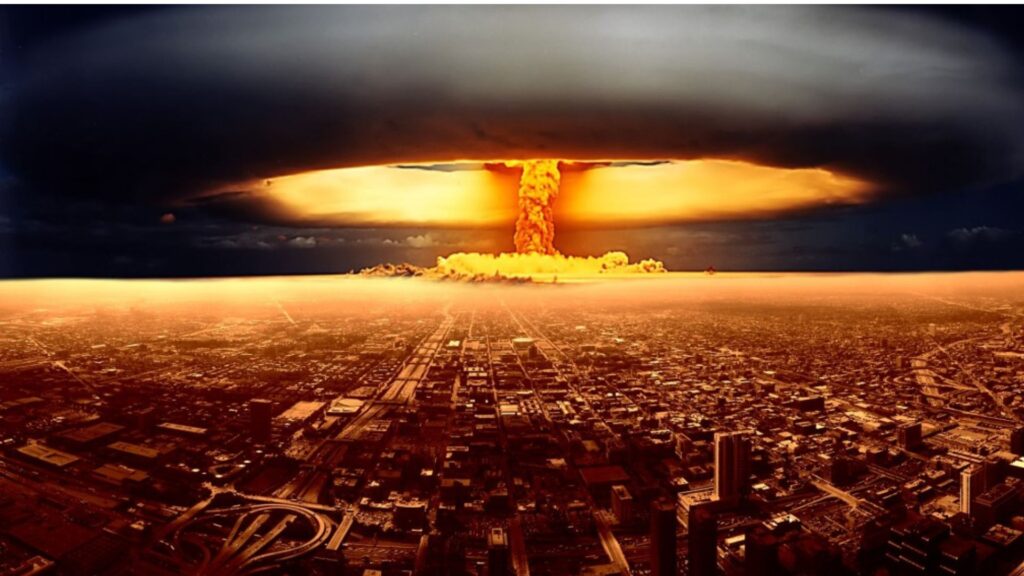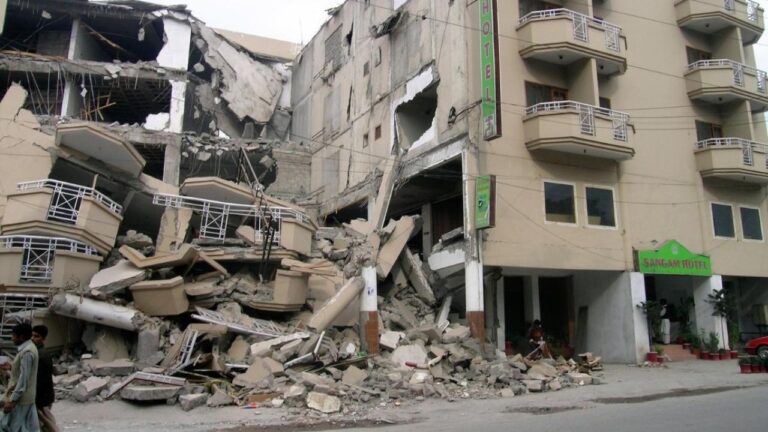
Nearly all nine nuclear-armed nations, including India and Pakistan, intensified efforts to upgrade and expand their nuclear arsenals in 2024, according to the Stockholm International Peace Research Institute (SIPRI). The global think-tank released its annual SIPRI Yearbook 2025 on Monday, offering a sobering assessment of rising global nuclear threats and the deteriorating state of arms control.
The report notes that the total global nuclear arsenal stood at approximately 12,241 warheads as of January 2025, with around 9,614 warheads maintained in military stockpiles for potential operational use. SIPRI highlighted a continued shift in global trends — where, after years of reductions, the pace of dismantling old warheads is slowing, even as new warheads are being developed and deployed more rapidly.
“Nearly all of the nuclear-armed states — the United States, Russia, the United Kingdom, France, China, India, Pakistan, North Korea, and Israel — are engaged in significant modernisation of their nuclear forces,” the report stated.
India is reported to have slightly expanded its nuclear arsenal in 2024 and is continuing the development of advanced nuclear delivery systems. The report specifically notes India’s progress on “canisterised” missiles, capable of being transported with nuclear warheads already mated. These systems may eventually be able to carry multiple independently targetable warheads, potentially altering India’s nuclear posture.
Pakistan, meanwhile, is also advancing its nuclear programme. It is not only developing new delivery systems but also increasing its production of fissile material, suggesting a likely expansion of its arsenal in the coming decade, SIPRI noted.
The report also refers to a recent escalation in tensions between India and Pakistan. A four-day military confrontation in May 2025 nearly escalated into a full-scale war, highlighting the persistent volatility in the region. “The combination of military strikes and third-party disinformation risked turning a conventional conflict into a nuclear crisis,” warned Matt Korda, Associate Senior Researcher at SIPRI and Associate Director at the Federation of American Scientists (FAS).
Korda underscored the dangers of increasing reliance on nuclear weapons, especially in regions marked by recurring conflict. “This should act as a stark warning for states seeking to increase their dependence on nuclear deterrence,” he said.
The SIPRI report expressed concern that the weakening of international arms control mechanisms is coinciding with an era of renewed nuclear competition. It described the current trajectory as the emergence of a “dangerous new nuclear arms race.”
Historically, since the end of the Cold War, disarmament efforts led by the United States and Russia contributed to a steady reduction in global nuclear stockpiles. However, SIPRI warned that this downward trend is likely to reverse, as the dismantlement of older weapons slows and investments in new systems rise.
The SIPRI Yearbook 2025 offers country-wise evaluations of military capabilities, arms control developments, and ongoing international security challenges. This year’s findings reflect a deeply concerning shift — where global stability is increasingly threatened by the erosion of arms control norms and a resurgence in nuclear brinkmanship.






